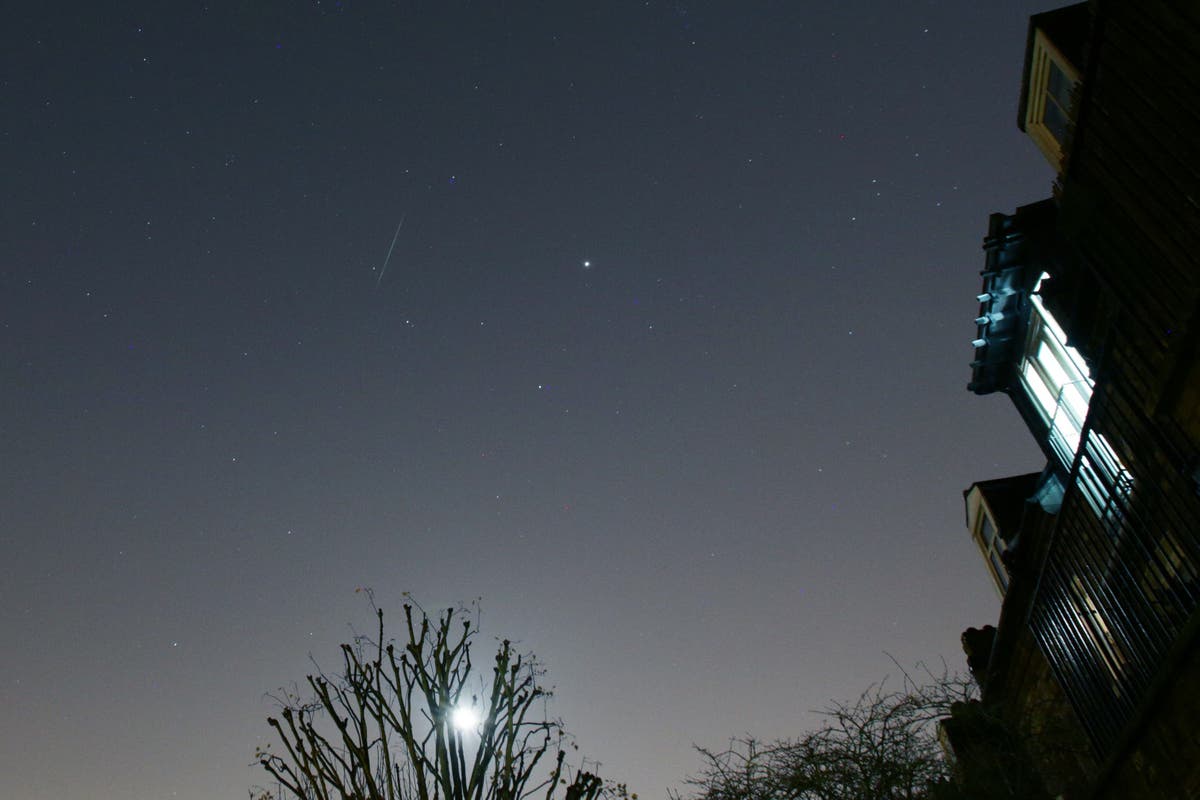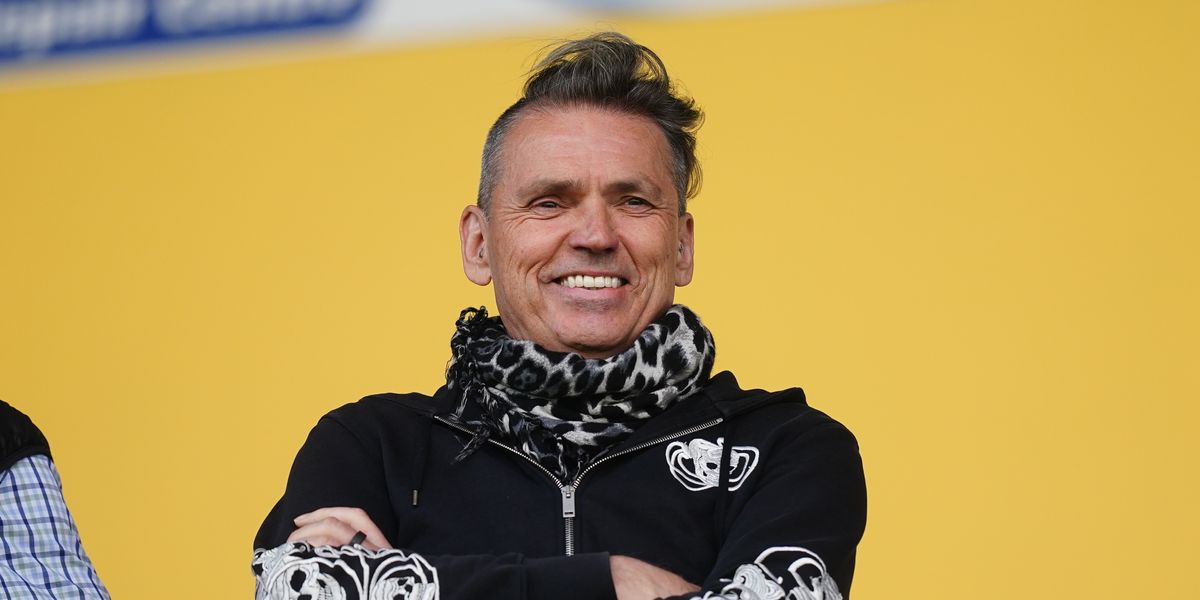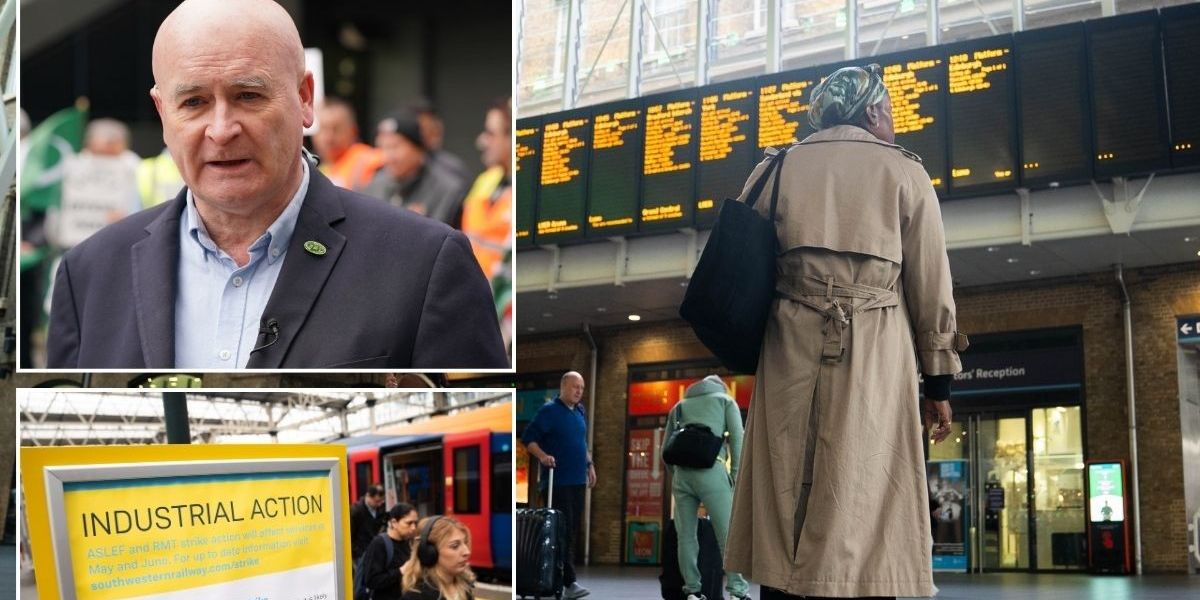SYDNEY - Australia’s opposition leader Peter Dutton, who leads in opinion polls, has staked his election prospects on a A$331 billion (S$280.9 billion) plan to switch to nuclear energy by 2036, but experts say the move is the wrong option for Australia and will be expensive and unachievable.
Presented as a way to “keep the lights on”, Mr Dutton’s 25-year plan, whose costings were unveiled on Dec 13, would involve building seven reactors that would come online from the mid-2030s to 2050, and increase planned gas and coal usage in the meantime.
In a country that has long rejected nuclear energy over safety and cost concerns, Mr Dutton’s plan has sparked debate about whether Australia should adopt nuclear energy as a way to achieve its target of net-zero emissions by 2050.
But most experts say Australia should stick to renewables as a pathway to reducing emissions and that nuclear energy should have a limited role, if at all.
An expert on sustainable energy, Associate Professor Liam Wagner, from Curtin University, told The Straits Times he did not believe Australia, which has never had a nuclear power plant, could meet the costs or timelines proposed by Mr Dutton.
As a result, he said, Australia would need to extend the lifelines of its coal powered stations, which are already ageing and unreliable.
“The biggest concerns for me are the cost, the time and the significant delays that are expected by installing nuclear,” he said.
“We would be doing this for the first time. We don’t have the experts to run them, to build them or to regulate them.”
Another expert, Emeritus Professor Ken Baldwin from the Research School of Physics at the Australian National University, told ST that nuclear energy was economically unsound for Australia.
He said the country’s cheaper solar and wind output meant that a nuclear power plant would not be able to run at full capacity at all times, which would make it even more expensive to operate.
“Cost-wise, nuclear doesn’t make a great deal of sense for Australia,” he said.
Australia seriously considered building a nuclear power station in the 1970s at Jervis Bay, south of Sydney, but scrapped the plan over concerns that the cost would be higher than existing coal-powered power.
Despite Australia holding about a third of the world’s known reserves of uranium, the country has long been resistant to switching to nuclear energy. Today, it is one of the few countries in the world to have an explicit legislative ban on building nuclear power plants, a law that was passed in 1998.
But opinion polls show that public support for nuclear energy has grown amid increasing concerns about the need to switch to a carbon-free economy. A poll by the Lowy Institute released in June 2024 found 51 per cent of people supported using nuclear power in Australia and 37 per cent were opposed, with the remainder unsure; in 2011, just 35 per cent supported nuclear, 62 per cent were opposed, and 3 per cent were unsure.
Seizing on these trends, Mr Dutton, whose centre-right Liberal-National Coalition tends to be sceptical of climate change action and has long been divided over energy policy, pitched nuclear energy as his signature policy ahead of the next election, due to be held before May.
He has proposed abandoning Labor Prime Minister Anthony Albanese’s plan to have renewable energy generate 82 per cent of the nation’s electricity by 2030, arguing that the government will not achieve the target and risks having an unreliable power supply.

Australia’s opposition leader Peter Dutton has pitched nuclear energy as his signature policy ahead of the next election, due to be held before May. PHOTO: AFP
“My job is to find a system which is going to deliver cheaper electricity costs,” Mr Dutton told 4BC Radio on Dec 16. “(Nuclear) is not going to have the blackouts and brownouts coming under the Albanese plan.”
But the ruling Labor party has rejected Mr Dutton’s arguments, pointing to data from Australia’s science agency and energy authority that shows nuclear energy generation will be far more expensive than renewables. The energy authority has said power supplies will remain reliable as long as proposals to develop solar, wind and pumped hydro projects – as well as expanding storage and transmission links – are delivered on time.
Describing Mr Dutton’s nuclear plan as a “fantasy”, Mr Albanese said shifting to nuclear energy would increase electricity prices and add to the soaring cost of living.
“Peter Dutton’s plan for nuclear energy is not only too costly, it not only will take too long, it also will undermine existing investment which is taking place,” he told reporters on Dec 15.
The latest Newspoll survey on Dec 8 showed support for the Coalition and Labor was at 50 per cent each, though the Coalition was ahead in the two preceding polls.
But a Resolve poll in June 2024 found that 43 per cent of voters supported Labor’s plan to eventually shift to 100 per cent renewable energy supported by gas, compared with 33 per cent that backed Coalition’s nuclear plan, with the remainder undecided.
Still, Mr Dutton, a hardliner, is pressing ahead with his plan, which he hopes will unite the Coalition and bolster his credentials as strong and decisive. But the move could cost him support as voters start to focus on details of the policy once the election campaign is underway.
An editorial in The Sydney Morning Herald on Dec 13 expressed concern about his plan, citing “the costs and timeline, coal’s continued use, and the perception that Dutton has made his signature proposal feel very political, rather than an energy policy designed for the right reasons”.
Still, some say nuclear energy may still prove a future option for Australia, potentially as a backstop as the nation shifts to 100 per cent renewables.
Prof Baldwin said the government should rescind its legislative ban and keep the nuclear option on the table, even if the country never ends up using it.
“As we decarbonise the last few per cent of the economy, we will still be left needing something to back up solar and wind in a week of cloudy, windless weather,” he said. “Nuclear might have a chance to compete in that situation… You need to have something in the system just in case.”
Join ST's Telegram channel and get the latest breaking news delivered to you.

 By The Straits Times | Created at 2024-12-19 12:02:46 | Updated at 2024-12-19 15:17:56
3 hours ago
By The Straits Times | Created at 2024-12-19 12:02:46 | Updated at 2024-12-19 15:17:56
3 hours ago








